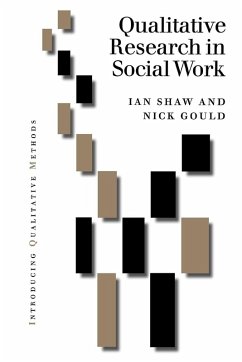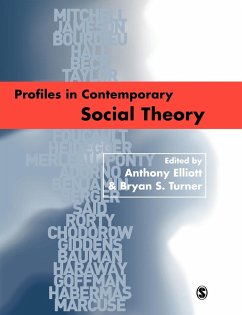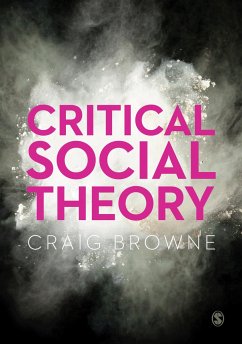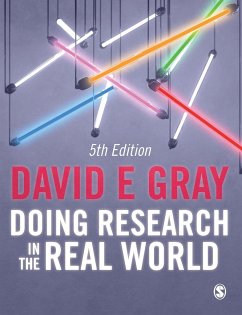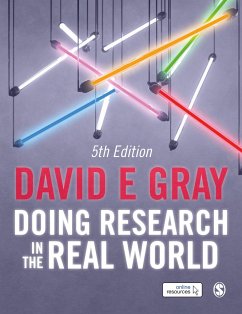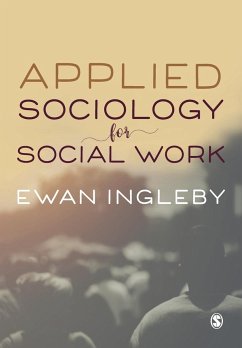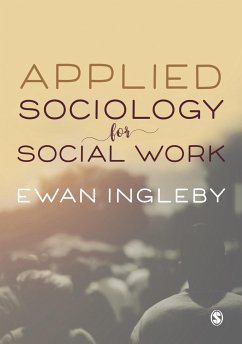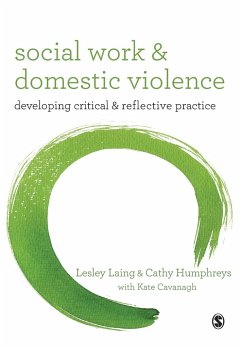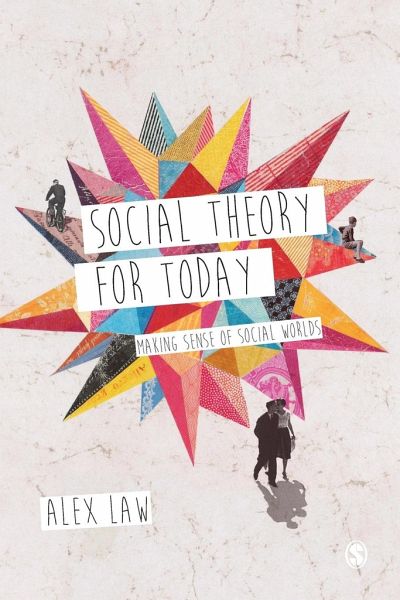
Social Theory for Today
Making Sense of Social Worlds
Versandkostenfrei!
Versandfertig in 6-10 Tagen
40,99 €
inkl. MwSt.
Weitere Ausgaben:

PAYBACK Punkte
20 °P sammeln!
This book is distinctive for extending the usual sociological reach, reopening territory that has lain fallow, set aside from the well-ploughed fields of orthodox social theory. In doing so, Law not only produces fresh insight into familiar theorists but guards against collective forgetting of the sociological canon. - Professor Bridget Fowler, University of Glasgow"An excellent book, it will be welcomed and read widely by advanced undergraduates, postgraduates and scholars in sociology, cultural studies, social theory and beyond." - Professor Chris Shilling, University of KentSocial Theory fo...
This book is distinctive for extending the usual sociological reach, reopening territory that has lain fallow, set aside from the well-ploughed fields of orthodox social theory. In doing so, Law not only produces fresh insight into familiar theorists but guards against collective forgetting of the sociological canon.
- Professor Bridget Fowler, University of Glasgow
"An excellent book, it will be welcomed and read widely by advanced undergraduates, postgraduates and scholars in sociology, cultural studies, social theory and beyond."
- Professor Chris Shilling, University of Kent
Social Theory for Today guides students through the turns of past and present social theory as it attempts to wrestle with a recurring sense of crisis in social relations and social theory. Drawing on both classical and contemporary sources, Alex Law provides readers with a firm grasp of competing perspectives.
Too often social theories attempt to dominate the field by casting rival theorists, past and present, as deluded fools, while the more familiar big names in social theory are subject to ever-increasing commentary that runs in ever-decreasing circles. This survey of social theory and crisis lessens the temptation to engage in internal theoretical polemics and esoteric wordplay. Social theory must become practical and specific if it is to become a means of orientation for uncertain times.
This is a must-read for upper level undergraduate and postgraduate students looking for a vibrant and extended understanding of social theory.
- Professor Bridget Fowler, University of Glasgow
"An excellent book, it will be welcomed and read widely by advanced undergraduates, postgraduates and scholars in sociology, cultural studies, social theory and beyond."
- Professor Chris Shilling, University of Kent
Social Theory for Today guides students through the turns of past and present social theory as it attempts to wrestle with a recurring sense of crisis in social relations and social theory. Drawing on both classical and contemporary sources, Alex Law provides readers with a firm grasp of competing perspectives.
Too often social theories attempt to dominate the field by casting rival theorists, past and present, as deluded fools, while the more familiar big names in social theory are subject to ever-increasing commentary that runs in ever-decreasing circles. This survey of social theory and crisis lessens the temptation to engage in internal theoretical polemics and esoteric wordplay. Social theory must become practical and specific if it is to become a means of orientation for uncertain times.
This is a must-read for upper level undergraduate and postgraduate students looking for a vibrant and extended understanding of social theory.





